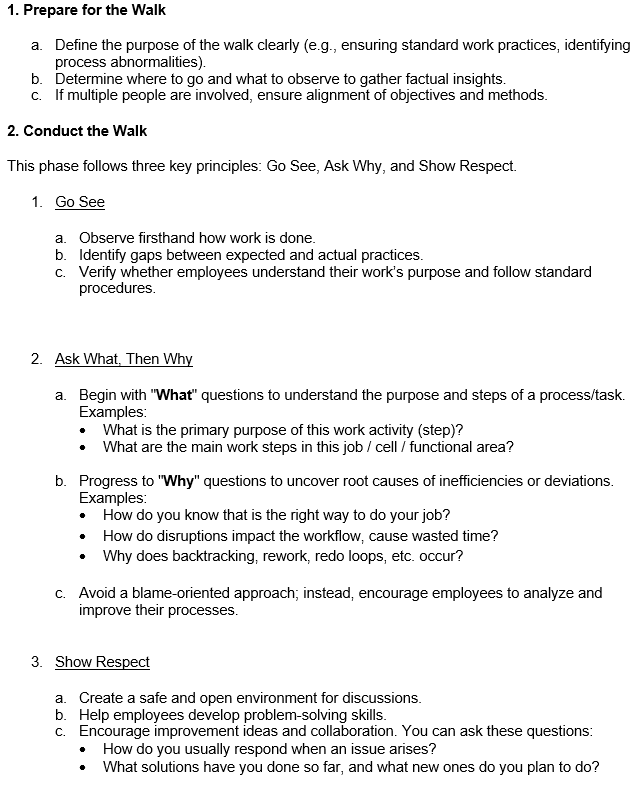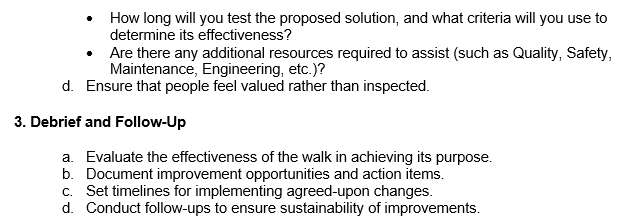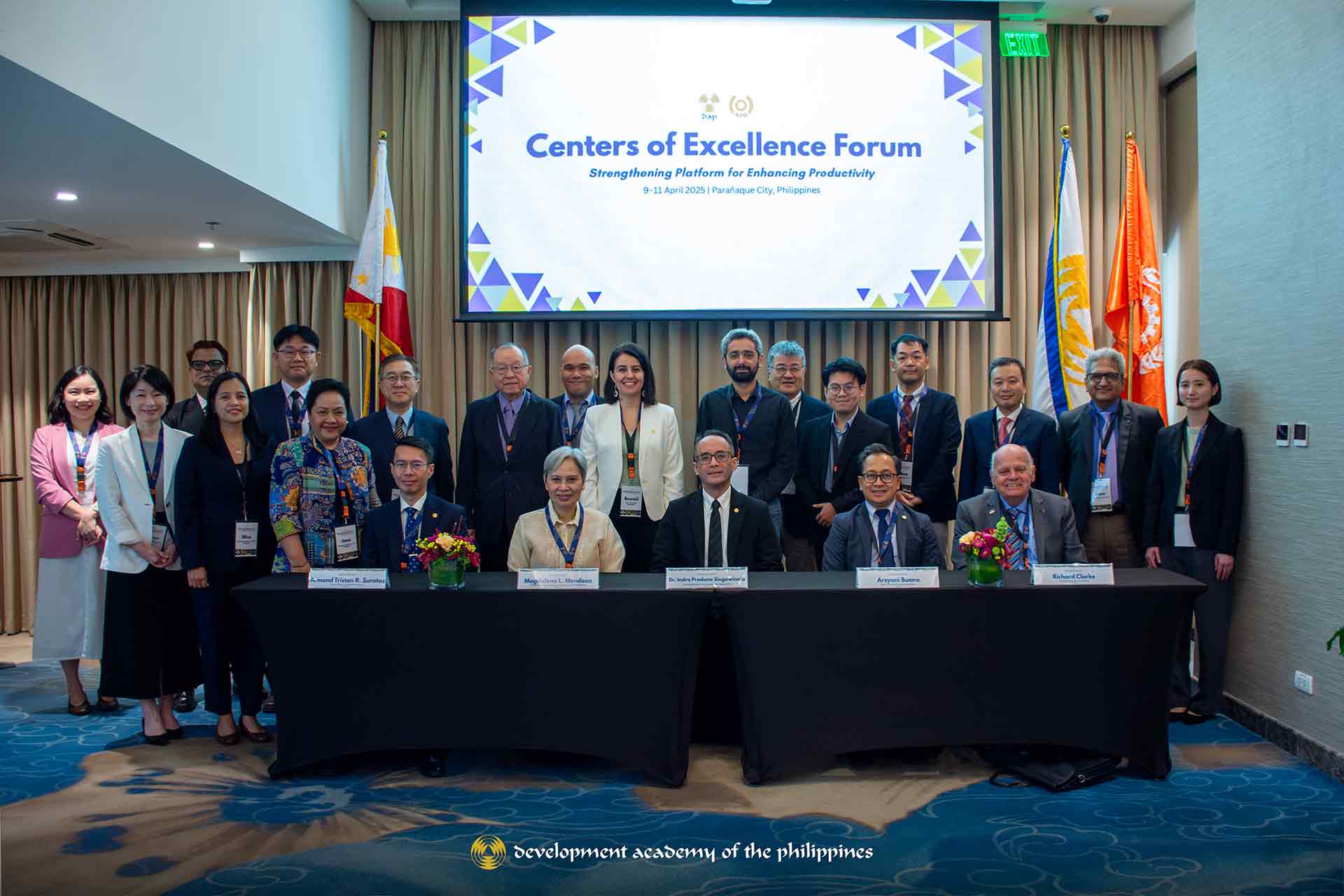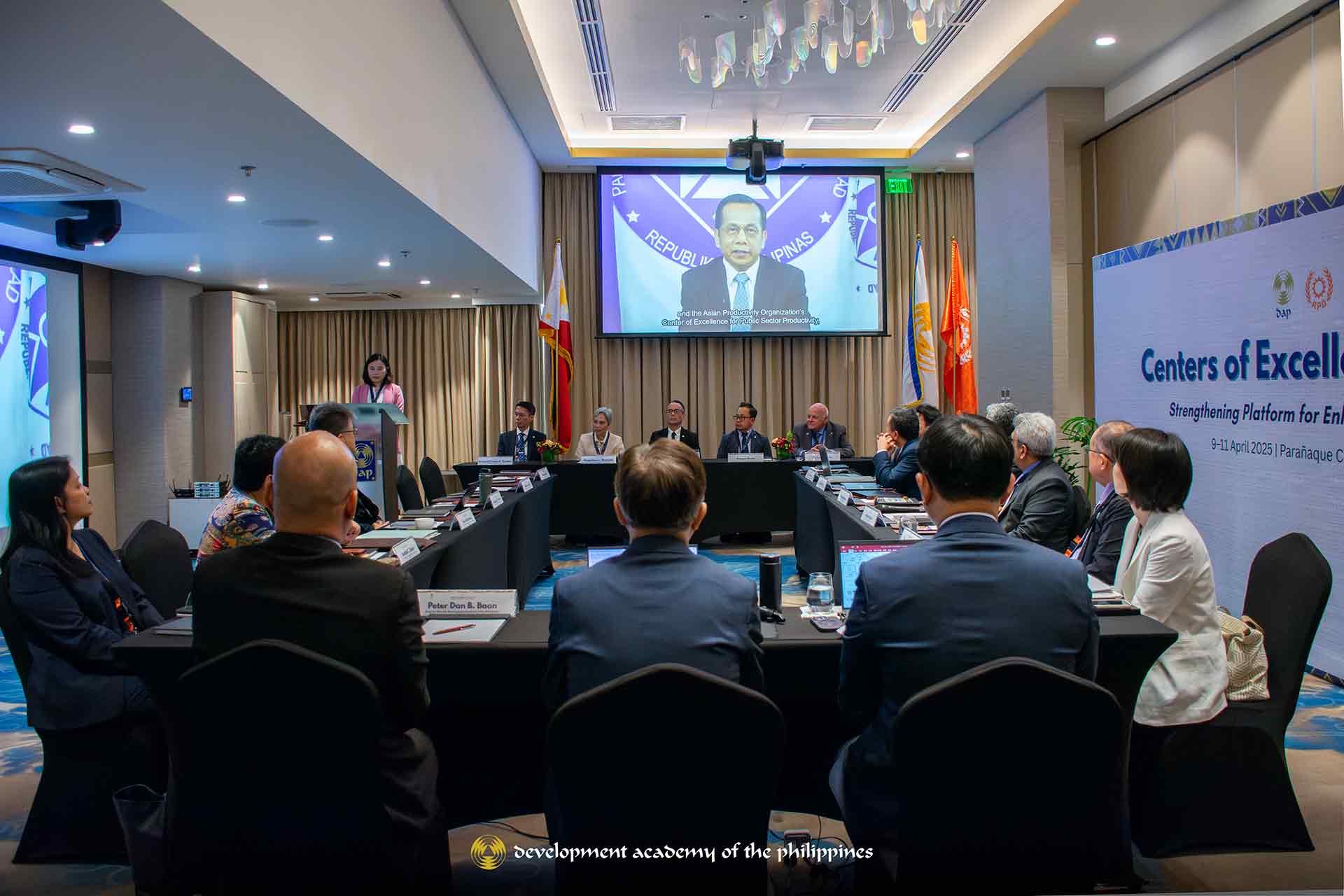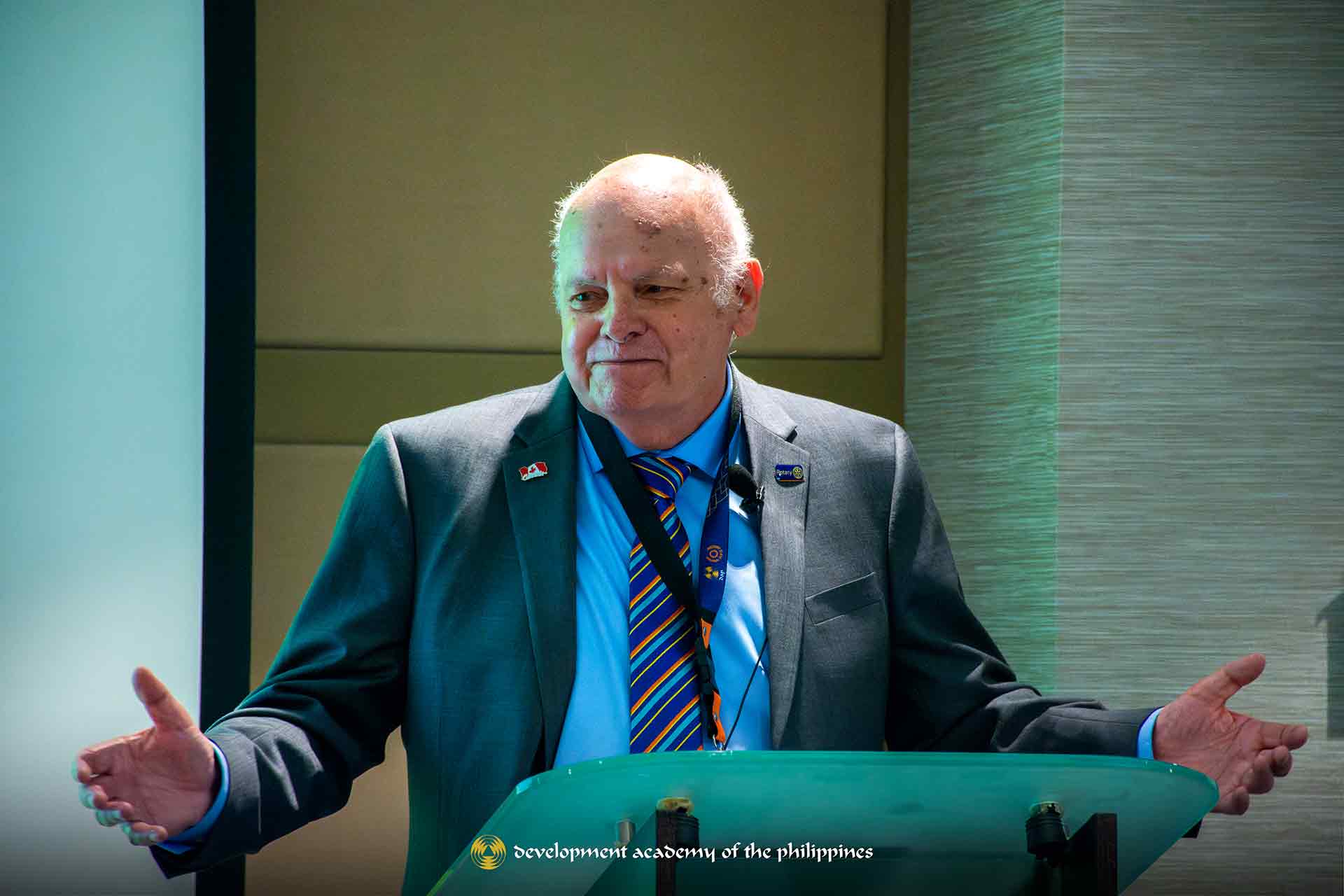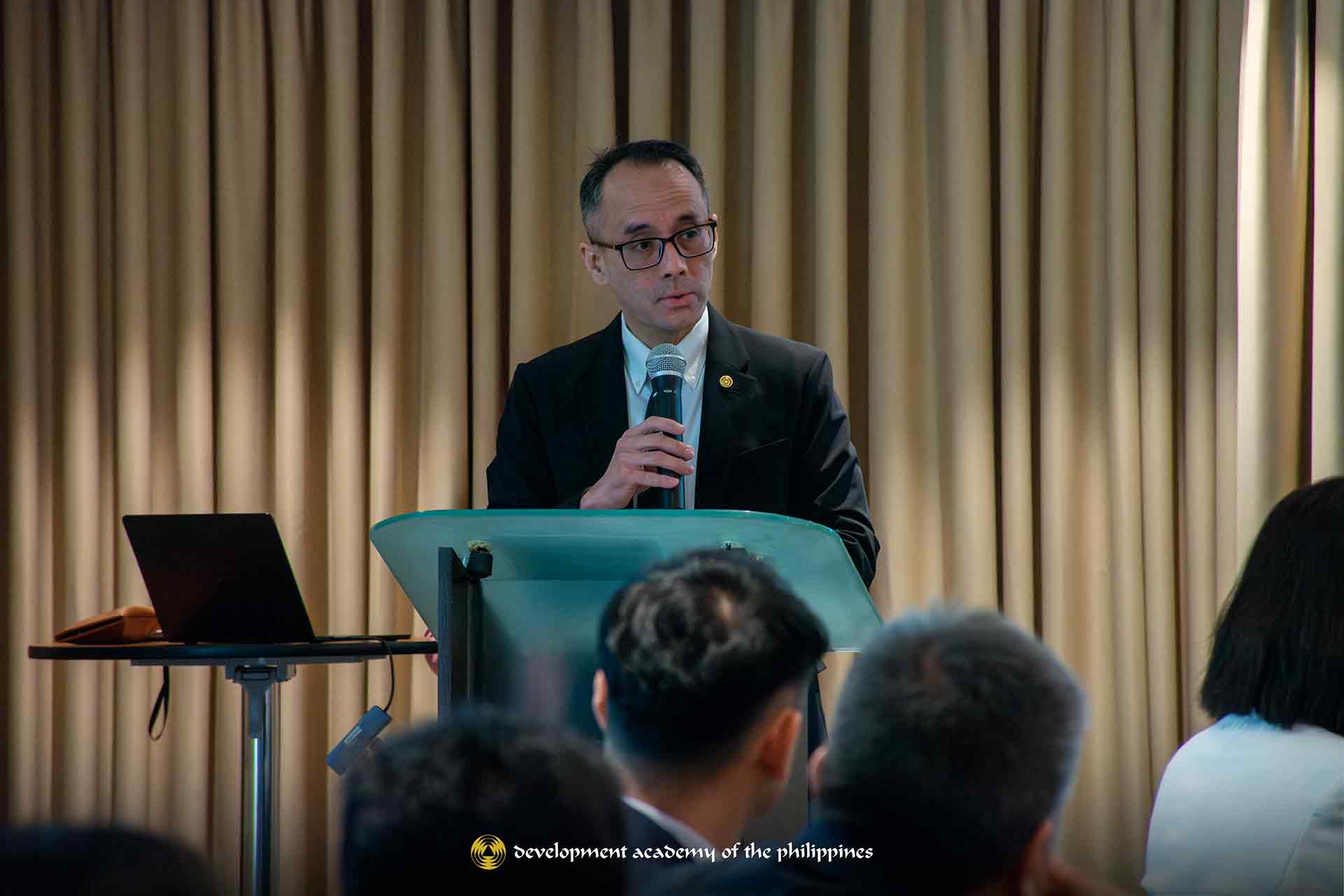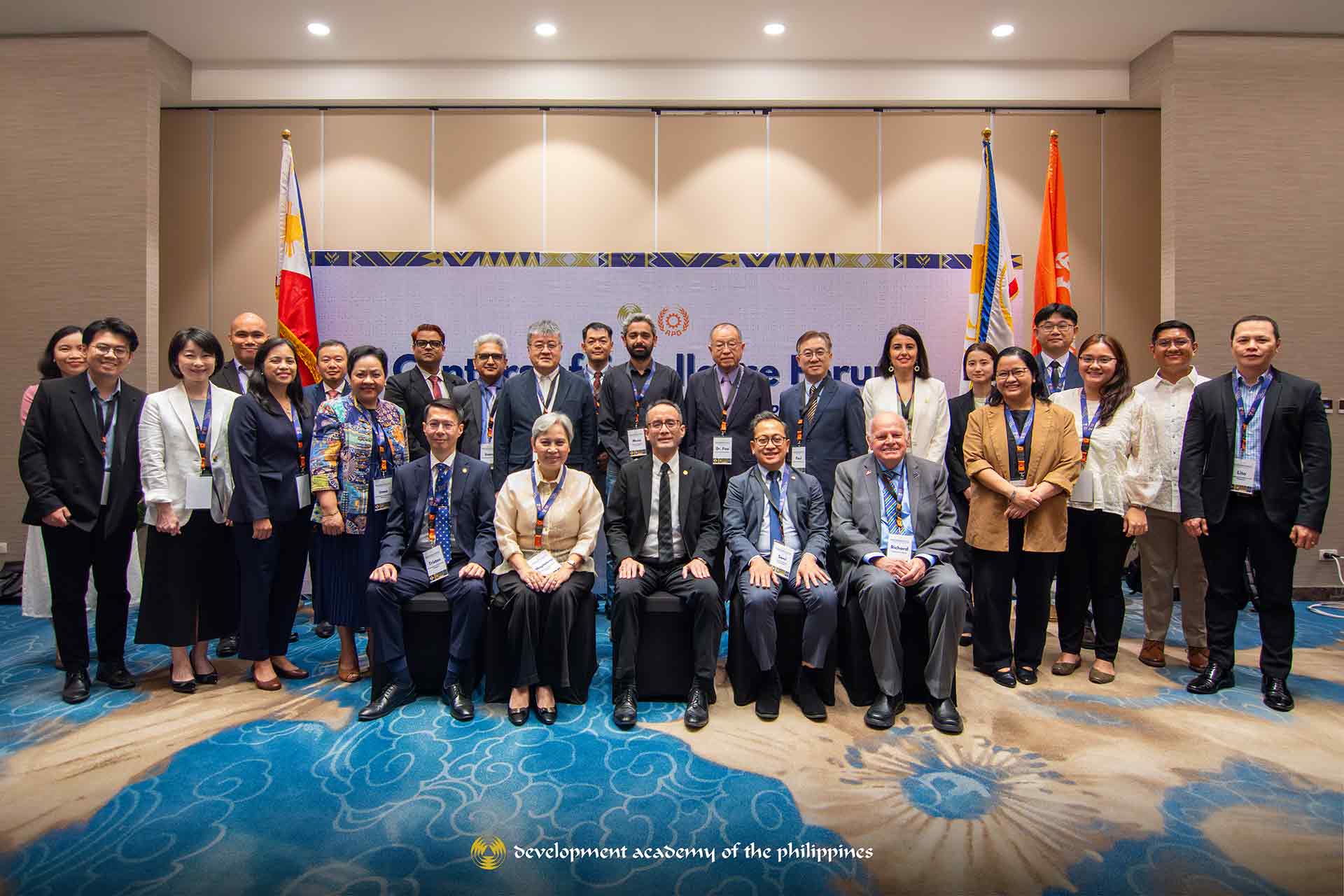Purpose: Process Analysis, Waste Reduction
Target Participants or Users: Project Managers, Operations Managers and Supervisors, Healthcare workers, Administrative Officers, Quality Control Managers, Engineers, Planning Officers
About the Technique
Poka Yoke or Mistake Proofing is the use of any automatic device or method that either makes it impossible for an error to occur or makes the error immediately obvious once it has occurred. The term “poka-yoke” literally means avoiding (yokeru) mistakes (poka). While poka-yoke principles are usually associated with manufacturing, they can also be utilized in office settings, healthcare facilities, service industries, and any workflow where there’s a risk of a defect affecting the customer.
The aim of mistake-proofing is to remove the need for people to think about the products or processes they are using. This is because the products have a design that makes it impossible to use them in the wrong way. There are different categories of Poka Yoke, but they are generally categorized into two groups: prevention and detection.
In prevention, techniques are designed to prevent errors from occurring in the first place while in detection, the techniques or methods are designed to detect errors as soon as possible and corrective actions can be implemented before defects or harm occur.
Application of Poka-Yoke in the Government Sector
1. Automated Form Validation in Government Portals. Online government forms prevent users from submitting incomplete or incorrect information.

2. Self-Service Kiosks with Step-by-Step Instructions. Citizens take a number and wait for their turn to avoid confusion at service counters.

3. Color-Coded Document Bins. Different bins for different types of applications/documents prevent misfiling.

Key Benefits of the Application of Poka Yoke in the Public Sector
- Helps in reduction of 8 wastes (DOWNTIME).
- Poka-Yoke simplifies and standardizes processes, making them easier and faster to perform, while enhancing customer satisfaction by delivering products and services that meet or exceed expectations.
- It helps in cost saving for the government and citizens since fewer errors mean less reprocessing and rework, reducing operational costs.
How to use the Technique
Steps
- Identify the Problem. Errors occur when there are incorrect details, miscalculations, or incomplete forms submitted. Identify where mistakes frequently happen in the process.
- Find the Source of the Problem. Use the 5 Whys technique to trace errors back to their root cause (e.g., incorrect entry due to manual input mistakes).
- Choose the Poka-Yoke Method. Decide on a mistake-proofing solution—either prevent errors (e.g., mandatory fields) or alert users (e.g., real-time error messages) before submission.
- Apply the Right Error Detection Method
- Contact Method: Format restrictions (e.g. numbers only).
- Fixed Value: Alert clients/customers when a specific number of actions or moves aren’t made.
- Motion Step: Guided, step-by-step procedure to prevent missing steps
- Inform clients/customers. Provide clear instructions, tooltips, FAQs, and tutorials to help them follow steps or submit documents correctly.
Sample Application of Poka-Yoke in the Government Sector
Automated Form Validation in Government Portals. Online government forms prevent users from submitting incomplete or incorrect information.
References:
- Kaizen Institute. (2025). Poka Yoke: how to make processes error-proof. https://kaizen.com/insights/poka-yoke-processes-error-proof/
- Vizhalil, M.P. (2023 June). Enhancing Quality and efficiency: The power of poka yoke. EPRA International Journal of Multidisciplinary Research (IJMR). 9(6), 242-243. DOI: https://doi.org/10.36713/epra13623
- Retrocausal. (2025). Understanding Poka-Yoke: Ensuring Quality and Efficiency in Manufacturing. https://retrocausal.ai/blog/poka-yoke-in-manufacturing/


